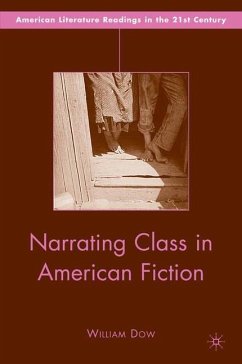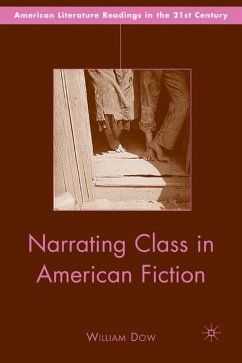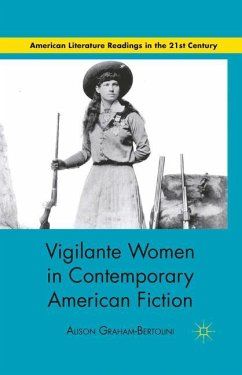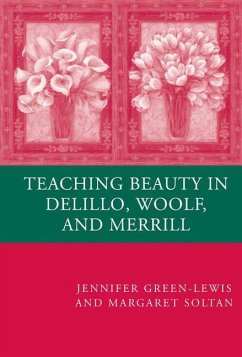
James Merrill and W.H. Auden
Homosexuality and Poetic Influence
Versandkostenfrei!
Versandfertig in 6-10 Tagen
38,99 €
inkl. MwSt.
Weitere Ausgaben:

PAYBACK Punkte
19 °P sammeln!
James Merrill and W.H. Auden offers a substantial analysis of the literary and personal relationship between two major twentieth-century poets. As Gwiazda argues, Auden's prominence in the post-World War II American poetry scene as a homosexual poet and critic makes his impact on Merrill particularly noteworthy. Merrill's imaginary recreation of Auden in his occult verse trilogy The Changing Light at Sandover (1982) offers a powerful statement about the dynamics of poetic influence between gay male poets. Combining archival research, textual analysis, and aspects of queer theory, James Merrill...
James Merrill and W.H. Auden offers a substantial analysis of the literary and personal relationship between two major twentieth-century poets. As Gwiazda argues, Auden's prominence in the post-World War II American poetry scene as a homosexual poet and critic makes his impact on Merrill particularly noteworthy. Merrill's imaginary recreation of Auden in his occult verse trilogy The Changing Light at Sandover (1982) offers a powerful statement about the dynamics of poetic influence between gay male poets. Combining archival research, textual analysis, and aspects of queer theory, James Merrill and W.H. Auden examines Sandover's implications to the contentious issues of homosexual identity and self-representation.












